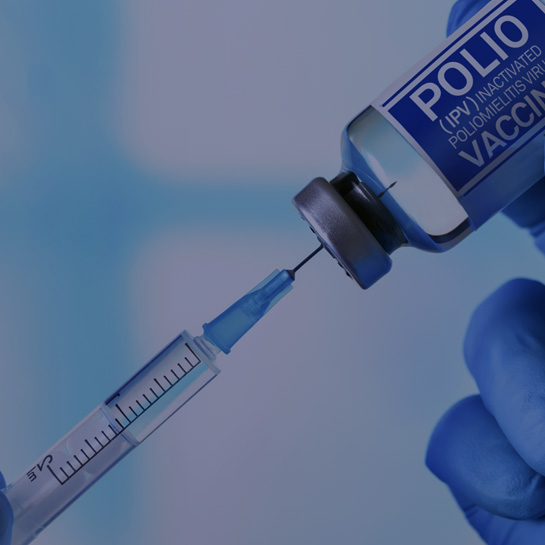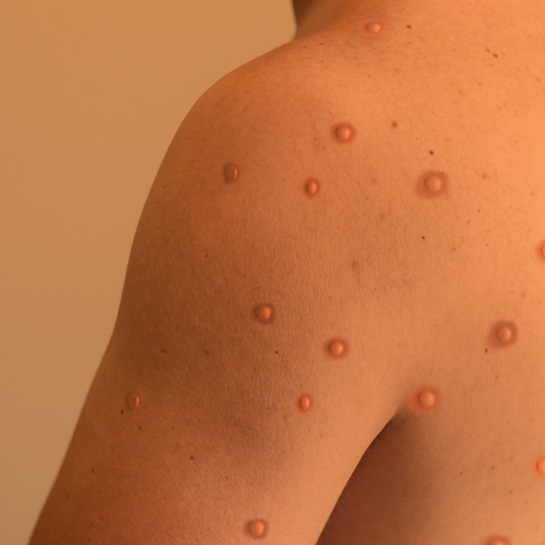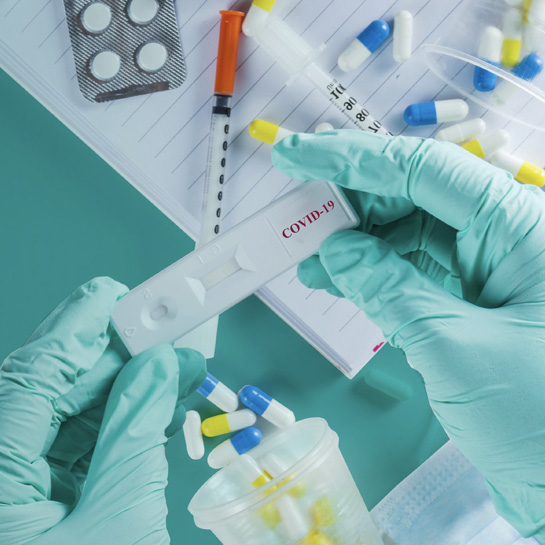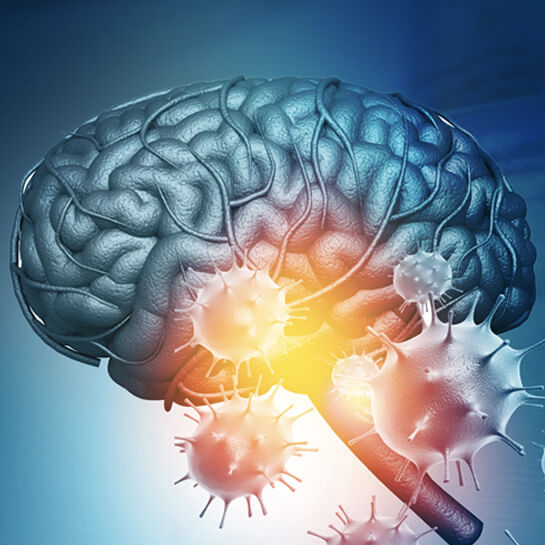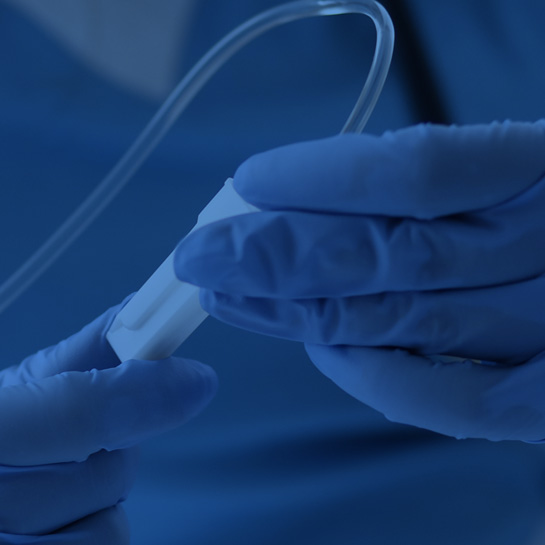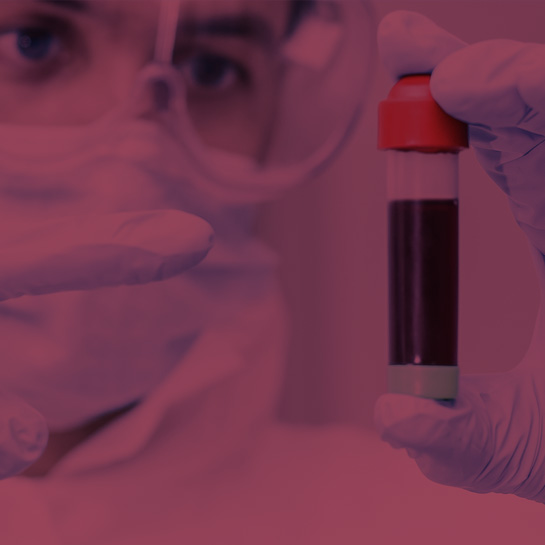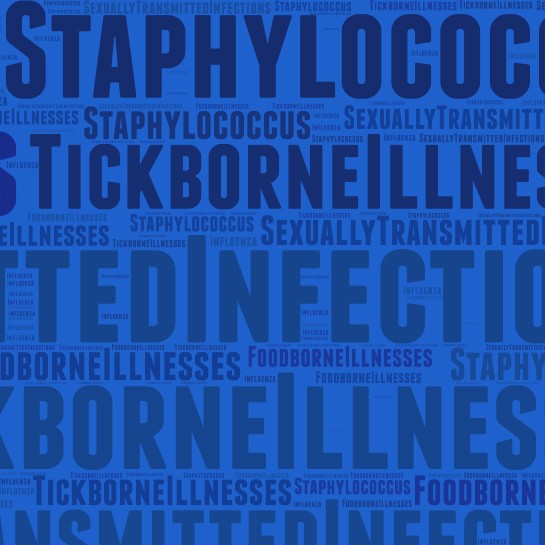RSV (Respiratory Syncytial Virus)
What is RSV?
RSV (Respiratory Syncytial Virus) is a common virus that causes respiratory tract infection in all age groups. It is so common that almost all children will have been infected with the virus by age 2, and most adults have likely had RSV, but were unaware of it without a lab test to confirm diagnosis. In healthy adults and older children, RSV typically causes a mild illness similar to that of a common cold. However, in infants, older adults, and adults with comorbidities or who are immunocompromised, the symptoms can be more severe.
Person-to-person transmission of RSV occurs through contact with droplets from the nose and throat of infected people when they cough and sneeze. RSV can also spread through contact with objects contaminated with the virus such as doorknobs, toys, or linen. It can take between four and six days from the time of exposure until the onset of symptoms. The illness itself lasts three to seven days, and infected people are most contagious during this time. The peak season for RSV infection in the U.S. is fall through spring.
Who is at risk for RSV?
RSV is a common respiratory virus that typically causes a mild illness in children and adults. Most children contract RSV before age 2 simply because of contact with other children. Because people do not form long-lasting immunity to RSV, they can become infected repeatedly over their lifetime, and can have multiple infections during peak RSV season.
Those at increased risk of RSV becoming severe or life-threatening include:
- All infants or young children born prematurely, with congenital heart or lung disease, weakened immune systems, or have neuromuscular disorders.
- Older adults suffering from lung or heart disease, such as asthma, congestive heart failure, and chronic obstructive pulmonary disease (COPD).
- People with immunodeficiency, such as organ transplant recipients, patients receiving chemotherapy, and patients living with HIV.
What are the symptoms of RSV?
Early signs of RSV infection are similar to mild cold symptoms and include congestion, runny nose, fever, cough, and sore throat. Very young infants may be irritable, fatigued, and have breathing difficulties. Normally these symptoms will clear up on their own in a few days.
A barking or wheezing cough can indicate a more serious case of RSV. In these instances, the virus has spread to the lower respiratory tract, which can lead to bronchiolitis (inflammation of the small airways of the lungs) or pneumonia. Infants with severe RSV will have short, shallow, and rapid breathing, which is characterized by caving-in of the chest and nasal flaring at an abnormally increased rate. In addition, their mouth, lips, and fingernails may turn a bluish color due to lack of oxygen.
How can I protect myself from getting RSV?
Mild RSV infections will go away within a week or two without treatment. Over-the-counter products such as pain relievers, fever reducers, and nasal saline drops can be used to manage symptoms. ID Care physicians can monitor for severe RSV cases, which may require hospitalization.
There is no RSV vaccine available for wide-spread use yet. However, in some situations, high-risk infants may be prescribed monthly injections of a drug called palivizumab to help prevent severe RSV. The drug cannot cure or treat children already suffering from serious RSV disease, and it cannot prevent RSV infection.
How can I protect myself from getting RSV?
Because mild RSV symptoms are similar to the common cold, testing may not be required to diagnose the infection. However, if infection is suspected in individuals at increased risk for severe or life-threatening RSV based on medical history and time of year, the infectious disease specialists at ID Care will provide a thorough physical examination of symptoms, which may include running laboratory tests – a mouth swab or a blood test – to confirm the diagnosis.
What are the treatments for RSV?
There are simple, effective steps you can take to help prevent the spread of RSV.
- Avoid close contact with sick people.
- Avoid sharing cups, bottles, or toys that may have been contaminated with the virus.
- Wash your hands often with soap and water for at least 20 seconds.
- Clean frequently touched objects and surfaces such as phones and doorknobs.
- If you have cold-like symptoms, cover your coughs and sneezes with a tissue or your upper shirt sleeve, not your hands.

